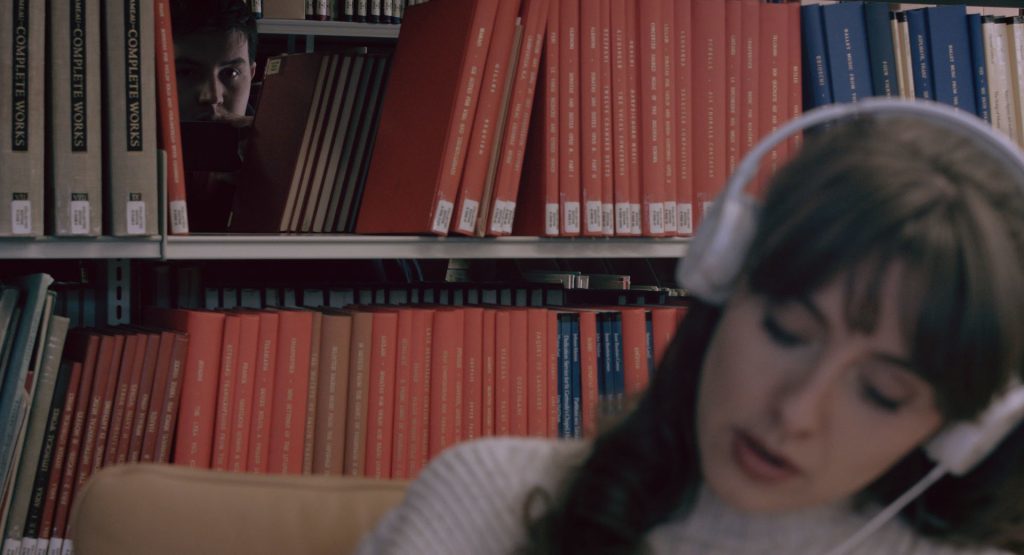
Case Study: Bouba & Kiki
A young librarian suffering from a strange form of synaesthesia where he associates the sound of voices with flavours, is lured out of his self-appointed recluse when he meets a young jazz singer whose voice doesn't seem to have any flavour at all.
Geplaatst op 8 maart 2019